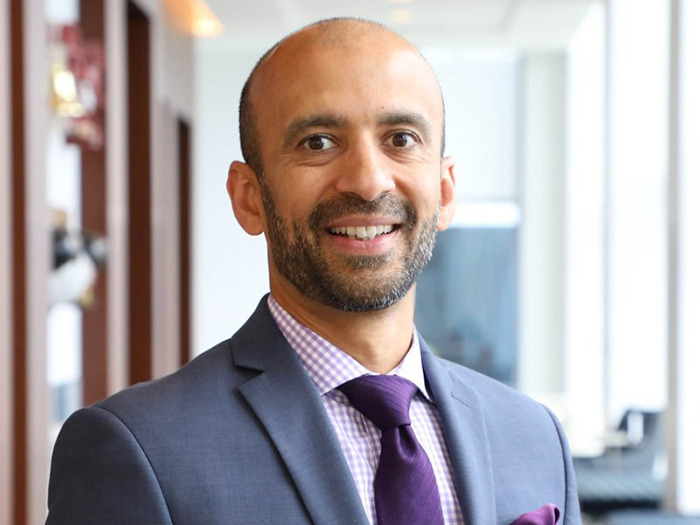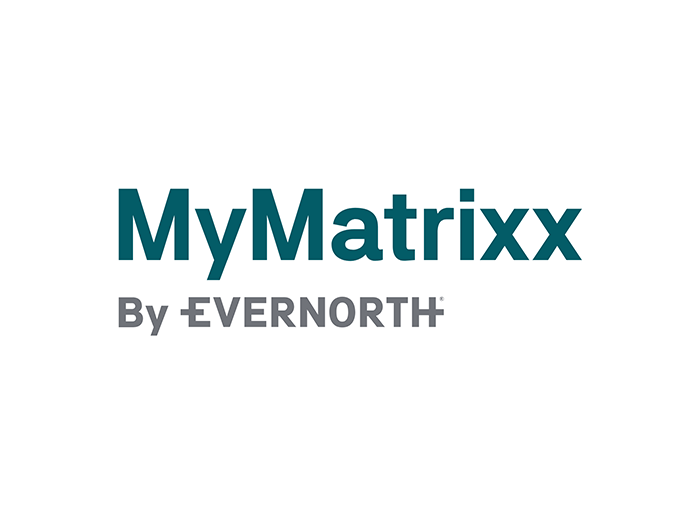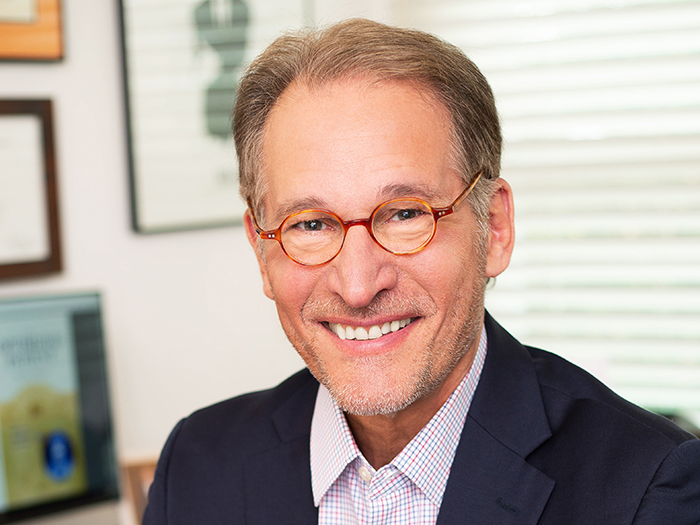Have You Considered COVID-19’s Workers’ Comp Implications for Frontline Workers?
The United States has a long history of workplace conflicts, including personality differences, cultural expectations and malicious harassment.
The continual accumulation of COVID-19 cases in the United States has created another source of workplace tension as many employees in essential business industries continue onsite work despite the severe risks.
The pressure for essential workplaces to keep up with production demands has led to increasing concerns for the safety of frontline workers.
Employees Take a Stand — By Walking Out
Workers at an Amazon warehouse in Staten Island, N.Y. recently staged a walkout over concerns about safety at the job site.
Amazon’s Whole Food Market employees followed suit by organizing a sickout the next day. Increasing fears of contamination risk and lack of compensation also led thousands of workers to execute a nationwide strike against the grocery delivery service Instacart.
In an interview for USA Today, an Amazon worker at the Staten Island facility described her concerns with the warehouse as “not having enough personal protective equipment (PPE) and inadequate safety precautions.”
These problematic work environments echo those faced by frontline workers in hospitals and health care facilities during this pandemic.
Construction Can Boost the Economy — But at What Cost?
Construction offers a potential boost to a U.S. economy that has been exposed and crippled by the pandemic.
According to federal government figures, the industry employs more than 7.6 million Americans, and 2019’s construction spending exceeded $1.3 trillion.
Although the sports world has been brought to a standstill by the pandemic, the construction of sports facilities continues, placing the spotlight on the tension between economic pressures and safety concerns.
The companies overseeing new stadium construction for the National Football League’s Las Vegas Raiders and Major League Baseball’s Texas Rangers each disclosed in March that a worker at their respective sites had tested positive for COVID-19.
Despite these positive diagnoses, work continues at the sites.
How many more workers had been infected? We may never know until weeks later, and at that time, those infected may have unknowingly given the virus to others.
Food for Thought: Bonuses for Frontline Workers
Several companies are taking a closer look at protecting their workforce.
Tyson Foods, Inc. recently announced it will pay approximately $60 million in bonuses to the company’s frontline workers and truckers during the pandemic. Eligible employees will receive a $500 bonus that is payable during the first week of July.
The Wall Street Journal detailed how Tyson has adapted its operations with several precautionary measures. High-traffic areas at its facilities are subject to extra sanitizing efforts, and employees are subject to daily temperature checks.
The company also updated its attendance policy, so employees with COVID-19 symptoms can stay home, and the five consecutive day waiting period for short term disability benefits has been waived so workers can receive pay while sick with COVID-19 or the flu.
Similarly, The Society for Human Resources stated that PepsiCo, Inc. will provide additional compensation and enhanced benefits to all U.S.-based employees amidst the pandemic.
The additional compensation covers more than 90,000 frontline employees and consists of a minimum increase of $100 per week for full-time employees. Kirk Tanner, CEO of PepsiCo Beverages of North America, explained in a press release that “this is our way to recognize the critical role our frontline plays in our organization.”
Banks across the country have announced initiatives to help workers handle financial distress caused by the pandemic. Leading the way is Truist Bank, which recently announced employees making under $100,000 per year will be given a $1,200 pre-tax bonus.
Additionally, the bank will be giving employees 10 extra days of paid leave to help deal with school closings, child care reimbursement and increased emergency child and elder care benefits.
Tyson Foods, PepsiCo, and Truist Bank are examples of companies doing the right thing for employees, but the public sector is also acting in the best interest of workers. Effective April 1st, the U.S. Department of Labor enacted the Families First Coronavirus Response Act (FFCRA) that requires certain employers to provide employees with paid sick leave and expanded family leave for specific reasons related to COVID-19.
Although these regulations expand paid sick leave to workers who otherwise would not have access to it, the FFCRA is limited to employers with fewer than 500 employees, and eligible employers can elect to exclude health care workers and emergency responders.
Given the drastic rise in COVID-19 cases, all companies, regardless of size and industry, should revisit paid sick leave for the wellness of their workers.
Communicable Disease: The New Concern for Workers’ Compensation
The question remains whether COVID-19 is compensable under workers’ compensation laws.
While workers’ compensation laws provide reparation for “occupational diseases” that develop out of and in the course of employment, many state statutes exclude “ordinary diseases of life” such as the common cold or flu.
Occupational groups such as health care workers have a higher probability of exposure. However, there is an uncertainty as to whether the disease is compensable.
As compensability issues continue on a case-by-case basis, two states have insurers that will guarantee workers’ compensation benefits for health care workers and first responders.
The governor of Kentucky announced in March that Kentucky Employers’ Mutual Insurance will provide wage replacement benefits to first responders and medical personnel employed by its policyholders who are quarantined for COVID-19 as a result of their increased exposure during the course of employment.
The Washington State Department of Labor and Industries announced on March 5th that the state will provide workers’ compensation benefits to health care workers and first responders during the time they are quarantined after being exposed to COVID-19 on the job. The coverage will pay for medical testing, treatment expenses, and indemnity payments for those who cannot work while sick or quarantined.
The National Council of Compensation Insurance states that it remains to be seen whether other states will follow Washington state’s lead. However, several states have issued health insurance mandates that include COVID-19 testing and visits to emergency rooms or urgent care facilities without deductibles or copays.
These state measures could limit the workers’ compensation claim activity where only testing and quarantine are necessary, but will it be enough to minimize the increasing tension between employers and frontline workers?
In an interview with USA Today, Mary-Hunter McDowell from The Wharton School of the University of Pennsylvania said, “Employees in essential industries see they have some leverage and are currently putting themselves at additional risk. Additional leverage provided during this ongoing crisis potentially gives workers the power to break what is a critical confidence in their employers right now.”
The majority of health insurance carriers have modified their short-term disability policies to cover employees who are diagnosed with COVID-19 and unable to perform the major occupational duties.
It is time for state government to follow in the footsteps of these carriers. State governments are in a constant battle with one another to attract the best companies. Tax credits, grants, and employee training are some of the incentives offered by state economic development councils.
Perhaps it is time for these councils to work with their respective state workers’ compensation boards to view workers’ comp as a useful incentive for attracting companies.
Modifying workers’ comp provisions on communicable diseases to protect frontline workers who fear for their safety will reduce the likelihood of a workforce strike, thus making a particular state more attractive to companies.
Happier workers lead to increased productivity, less recidivism, and ultimately, higher profits. Now that’s something every employee can live with. &










